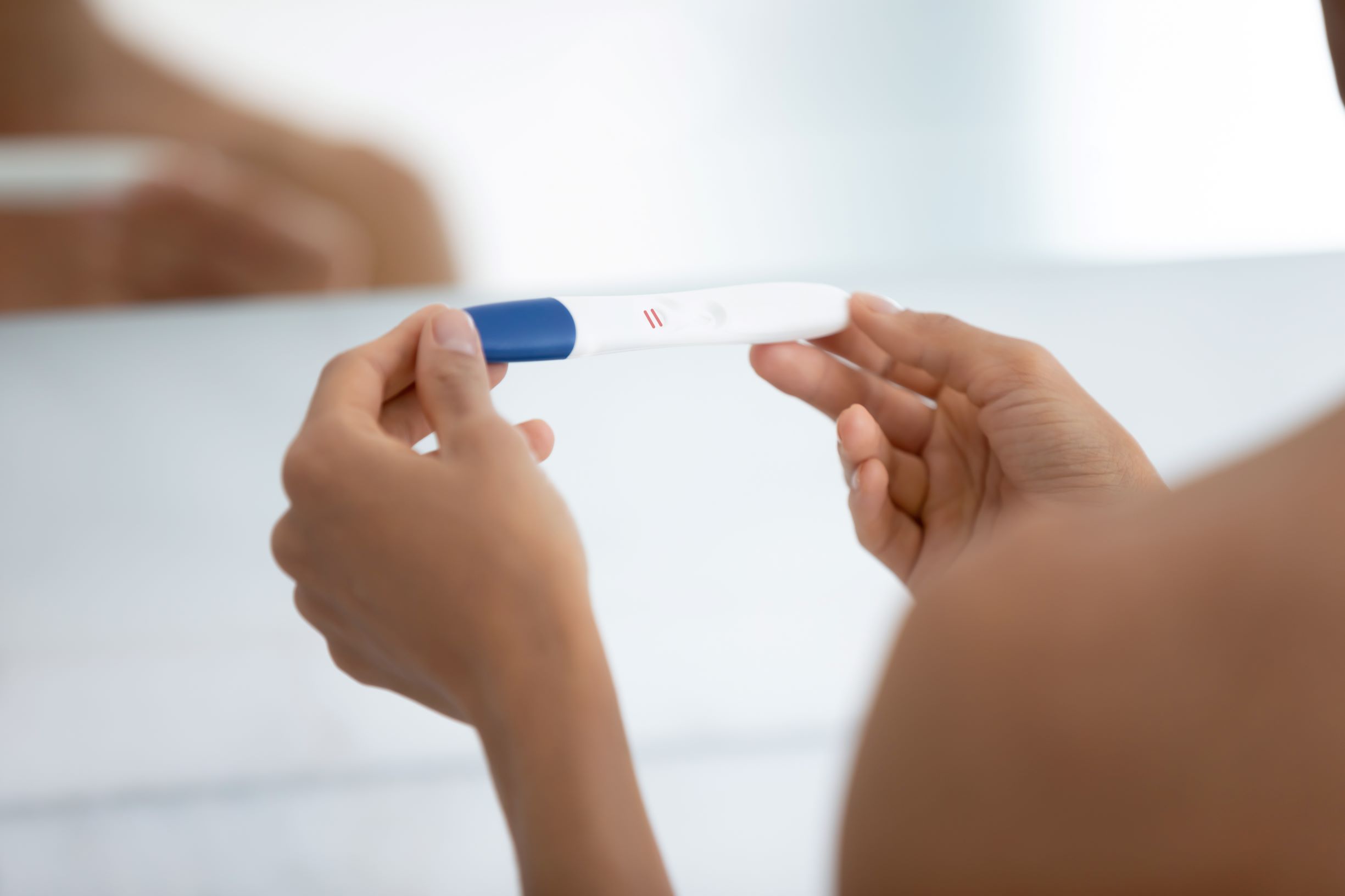Marijuana use may reduce chances of getting pregnant
For women, using marijuana while trying to conceive was linked with a 40% reduced chance of getting pregnant during the study.

Women who use marijuana while they are figuring out how to get pregnant may be less likely to get pregnant compared with those who don't get high, a new study suggests.
The study researchers found that, among women trying to get pregnant, those who reported using marijuana or who had a positive urine test for the drug were 40% less likely to get pregnant during each monthly cycle, compared with those who didn't use marijuana.
In addition, marijuana users had differences in levels of certain reproductive hormones, which could potentially affect their pregnancy chances.
"These results highlight potentially harmful associations between cannabis use and reproductive health outcomes," the researchers, from the U.S. National Institutes of Health (NIH), wrote in their study, published Monday (Jan. 11) in the journal Human Reproduction.
Related: How to get pregnant: 10 tips for women
However, the authors note that only a relatively small number of women in the study used marijuana, which limits the robustness of the study findings. And they did not assess marijuana use in women's partners, which could also affect conception chances. The study does not prove that using marijuana directly causes fertility problems — only that there's a link between use of the drug and lower odds of conception.
In addition, the study involved a sample of women who had experienced a previous miscarriage, and so it is unclear if the findings would apply to the general population.
Sign up for the Live Science daily newsletter now
Get the world’s most fascinating discoveries delivered straight to your inbox.
Still, until more research is available, the authors say that women should be cautious about marijuana use while trying to conceive, according to a statement from the NIH.
Marijuana and fertility
The American College of Obstetricians and Gynecologists already recommends that women who are pregnant or trying to become pregnant discontinue marijuana use, given concerns about the effect of the drug on the fetus' brain development.
However, few studies have examined the effects of marijuana use on fertility. Of the small number of studies that have been conducted, all relied entirely on self-reports, which may underestimate marijuana use given the stigma of substance use.
The study researchers analyzed information from more than 1,200 women ages 18 to 40 who were trying to conceive and had experienced one or two prior miscarriages. These women, who were from four states (Pennsylvania, New York, Utah and Colorado) were originally part of a separate study looking at the effect of low-dose aspirin on pregnancy outcomes from 2006 to 2012.
The women were followed for six months while they were trying to conceive. At the start of the study, women reported if they had used marijuana, pot or hashish in the past 12 months. They also provided at least two urine samples — one at the start of the study, and another six months later if they hadn't conceived, or at the time of pregnancy if they did conceive.
Overall, 62 women (5% of participants) either reported marijuana use in the past 12 months or had a positive urine test. (A total of 44 women self-reported marijuana use, and 33 had a positive urine test, meaning that 18 women who didn't admit to using marijuana had indeed used the drug.)
By the end of the six-month study, 42% of marijuana users had become pregnant, compared with 66% of non-users, the researchers found. And marijuana users were 41% less likely to conceive each cycle, compared with non-users. The findings held even after the researchers took into account factors that could affect fertility, such as age and body mass index (BMI) as well as alcohol use.
Studies in animals have found that marijuana may affect the lining of the uterus and make it less likely for an embryo to successfully implant, the authors said. They call for further research exploring the effects of marijuana on fertility, particularly given the increasing legalization of the drug.
Originally published on Live Science.

Rachael is a Live Science contributor, and was a former channel editor and senior writer for Live Science between 2010 and 2022. She has a master's degree in journalism from New York University's Science, Health and Environmental Reporting Program. She also holds a B.S. in molecular biology and an M.S. in biology from the University of California, San Diego. Her work has appeared in Scienceline, The Washington Post and Scientific American.









